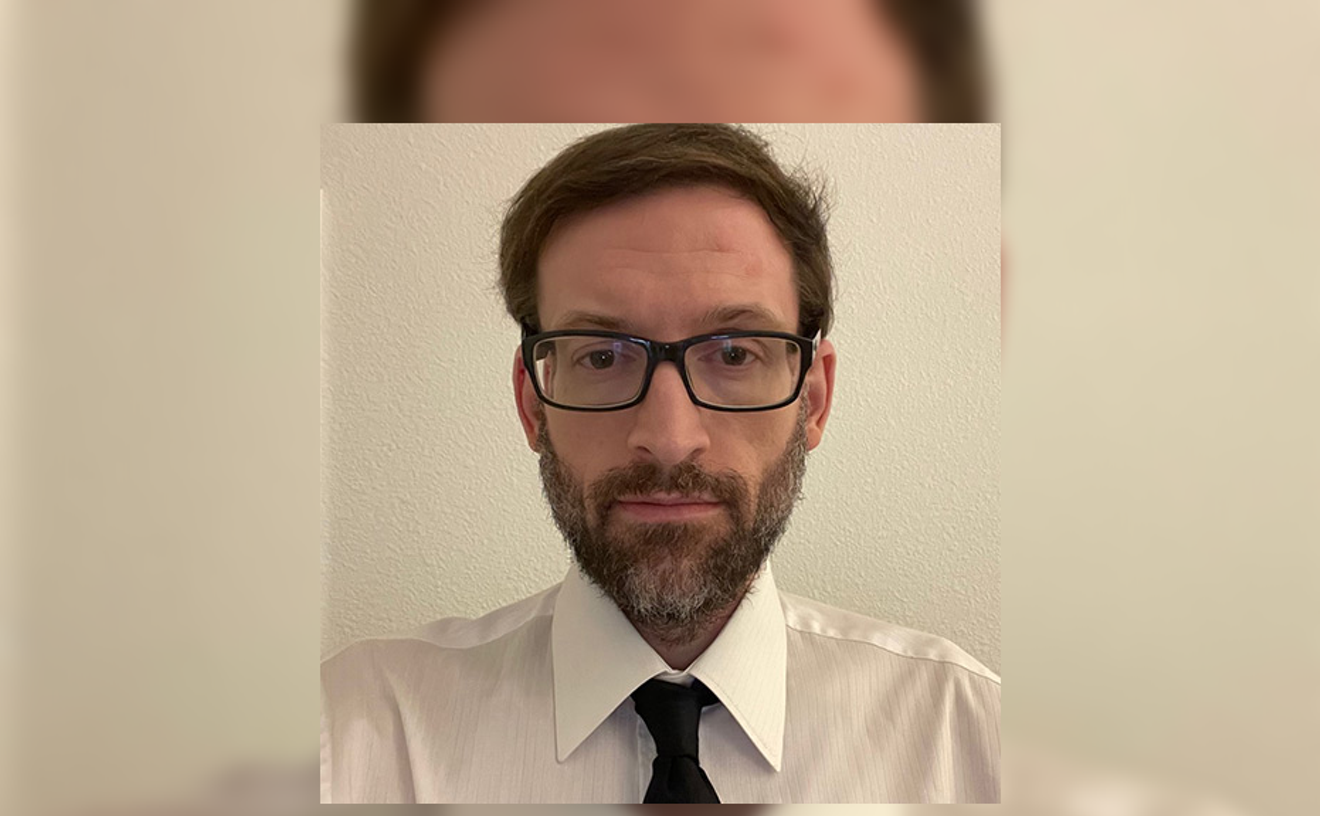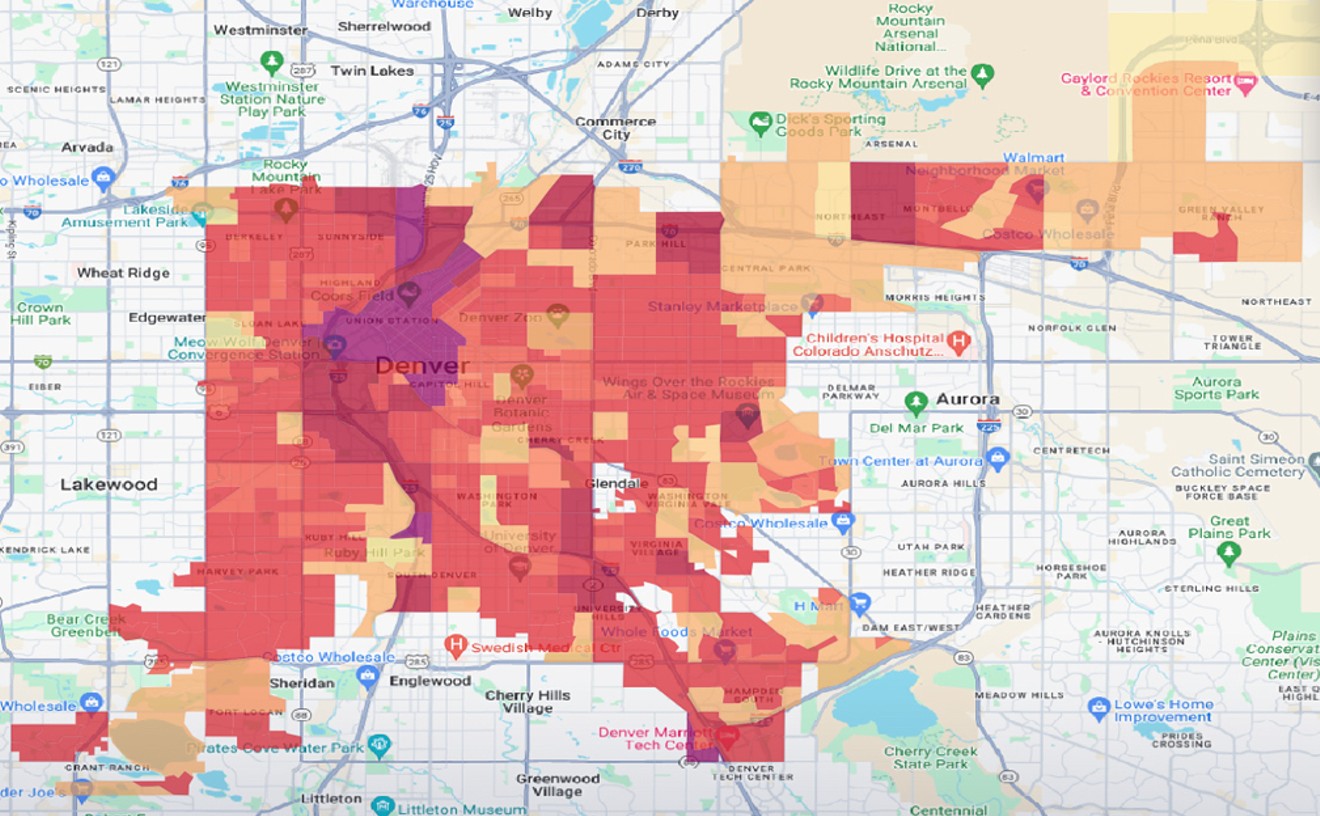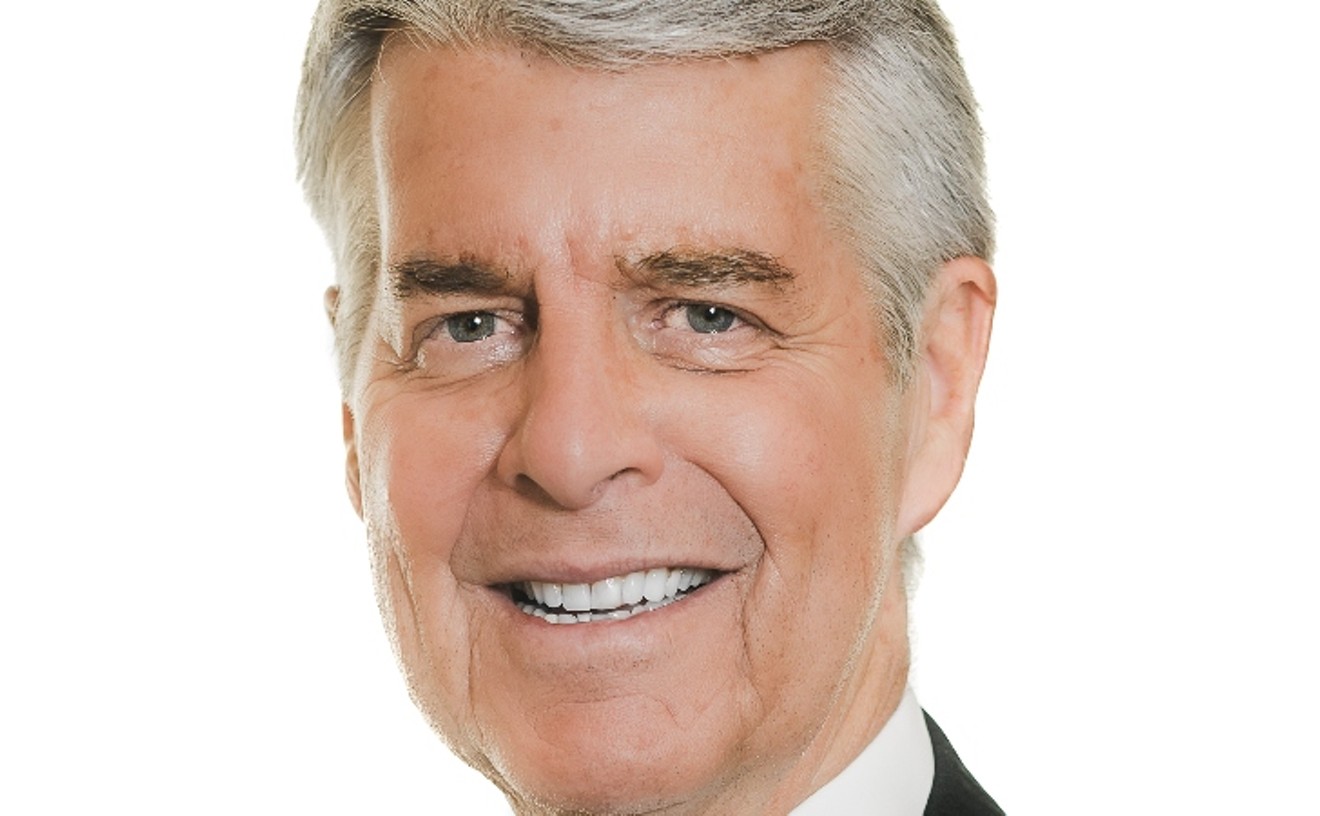The coronavirus has temporarily put many of our lives on hold, but it has also been used as an excuse by some who are terrified of change to write screeds against affordable housing and solutions to the climate crisis. Gary Wockner’s "To Avoid the Next Coronavirus, Don't Be Dense" was a sad example of someone using this crisis to try and justify their position that only the wealthy should live in Colorado. In the last year, Wocker has written in favor of Lakewood’s pro sprawl, anti-housing measure, and has embraced the efforts of a Golden landlord to limit housing growth and affordability, a proposal described by the authors as having a goal of making it harder for Latinos to move to Colorado.
Wockner confuses population density and land-use patterns with everyday human-to-human contact, contact that is common in the densest of cities as well as the least dense rural towns and sprawling suburbs. Wockner’s argument ignores that many of the densest cities and countries in the world have successfully contained the spread of COVID-19 through competent public-health measures. Singapore (21,476 people per square mile), Hong Kong (18,342), Korea (1,364), Japan (901), and Taiwan (673) all have significantly greater population density than the United States (93 people per square mile average), yet all of these nations have successfully limited the spread of the coronavirus. The early spread of COVID-19 was in Colorado’s Eagle County, and as of March 30 spread to almost every county — rural, urban or suburban — in Colorado. Wockner also ignores historical lessons. During the 1918 flu pandemic, it was rural Alaskan villages that led the world in fatality rates— hitting 90 percent — the result of living distantly from medical assistance and resupply.
In a March 19 piece published to Medium, Wockner writes in favor of the pandemic that is spreading across the world but which may “(save) more lives than it takes.” He attributes this to the result of lower levels of pollution as people shelter in place and drive fewer polluting miles. It never seems to occur to him that these same results could be achieved without a pandemic, by reforming our sprawling, automobile-dependent land-use patterns. Instead, he praises the “life-saving capacity” of the virus. In Wockner's view, the problem has never been human civilization’s greatly varying degrees of impact on the natural world, but instead is humans themselves. These “eco-fascist” views are the legacy of a dying strand of environmentalism, its foundations in pseudo-scientific, anti-immigrant attitudes and white supremacy. The environmentalism of “I got mine” is now being threatened by the recognition that the Earth is ours to share and cherish, responsibly and sustainably — regardless of race or wealth.
In what has been a difficult few weeks for Colorado and the world, YIMBYs and our allies have been heartened to see neighbors helping neighbors, assisting those who need help with grocery shopping or a trip to the local pharmacy, without the use of a car. We’ve watched the videos come in from Italy showing neighbors singing with neighbors, from the safe distance of their balconies. We’ve watched as one of our local favorite neighborhood restaurants, The Goods on East Colfax, has decided to close down rather than remain open for takeout so they could use their remaining inventory to feed community members and their out-of-work neighbors in need. For YIMBYs, density is community, and that has never been more true than now.
This has been an extremely trying time for Denver businesses, but Denver will bounce back from this. If we follow fiscally and environmentally sound, people-first growth, Denver can anchor the whole region. A March 19 article in the Washington Post found rural residents will face a greater threat from coronavirus, as they have to travel greater distances to medical facilities that will soon be overwhelmed. One of the reasons it was so important for Denver to lock down early is because we have many of the hospital beds surrounding communities will use during this crisis.
This author resides in a dense neighborhood but has socially-distanced for more than two weeks. I’m reassured that if I or my family did become sick, we would be within a ten-minute walk of a world-class health facility with a new respiratory clinic dedicated to the treatment of COVID-19.
Someday this will end. Our local neighborhood restaurants, bars, parks and concert halls will soon fill with people once again. The tantrums from anti-housing extremists like Wockner will be identical, and still won’t offer any long-term solutions to the crisis of housing costs and ecological impact of our human habitats. The YIMBY movement is about finding and advocating for solutions to these problems, and we hope you will join us in building a stronger Denver.
Kevin Matthews is a member of YIMBY Denver. Read more about the group at yimbydenver.org.
Westword occasionally publishes essays, op-eds and responses to both. Have one you'd like to submit? Send it to [email protected], where you can also send comments on this piece. Or post them here.
[
{
"name": "Air - MediumRectangle - Inline Content - Mobile Display Size",
"component": "12017618",
"insertPoint": "2",
"requiredCountToDisplay": "2",
"watchElement": ".fdn-content-body",
"astAdList": [
{
"adType": "rectangle",
"displayTargets": "mobile"
}
]
},{
"name": "Editor Picks",
"component": "17242653",
"insertPoint": "4",
"requiredCountToDisplay": "1",
"watchElement": ".fdn-content-body",
"astAdList": [
{
"adType": "rectangle",
"displayTargets": "desktop|tablet"
},{
"adType": "rectangle",
"displayTargets": "desktop|tablet|mobile"
}
]
},{
"name": "Inline Links",
"component": "18838239",
"insertPoint": "8th",
"startingPoint": 8,
"requiredCountToDisplay": "7",
"maxInsertions": 25
},{
"name": "Air - MediumRectangle - Combo - Inline Content",
"component": "17261320",
"insertPoint": "8th",
"startingPoint": 8,
"requiredCountToDisplay": "7",
"maxInsertions": 25,
"watchElement": ".fdn-content-body",
"astAdList": [
{
"adType": "rectangle",
"displayTargets": "desktop|tablet"
},{
"adType": "rectangle",
"displayTargets": "desktop|tablet|mobile"
}
]
},{
"name": "Inline Links",
"component": "18838239",
"insertPoint": "8th",
"startingPoint": 12,
"requiredCountToDisplay": "11",
"maxInsertions": 25
},{
"name": "Air - Leaderboard Tower - Combo - Inline Content",
"component": "17261321",
"insertPoint": "8th",
"startingPoint": 12,
"requiredCountToDisplay": "11",
"maxInsertions": 25,
"watchElement": ".fdn-content-body",
"astAdList": [
{
"adType": "leaderboardInlineContent",
"displayTargets": "desktop|tablet"
},{
"adType": "tower",
"displayTargets": "mobile"
}
]
}
]











